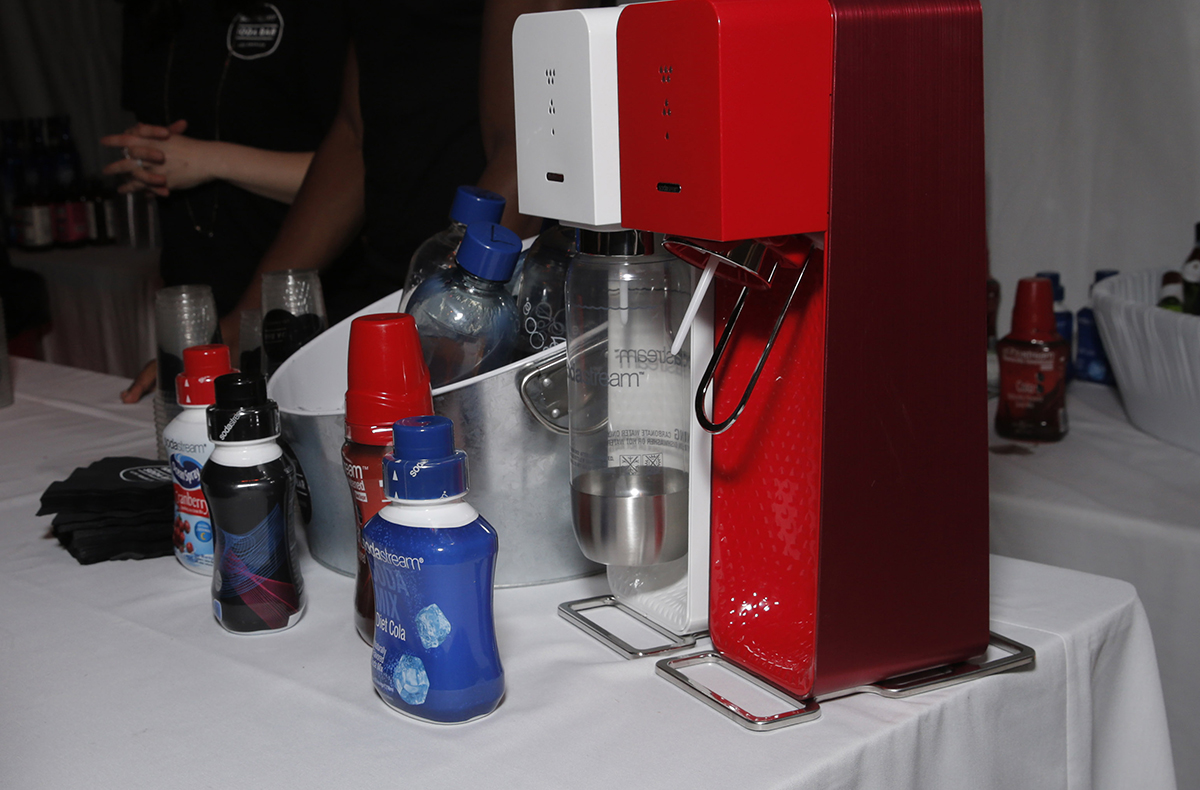Harvard Dining Services Backtracks on Decision to Pull Israeli-Made Soda Equipment
Harvard University Dining Services’ decision to stop buying Israeli-made soda machines and water fountains used at the school’s cafeteria, due to ongoing controversy between Israel and Palestine, was popped by the administration this week.
“Harvard University’s procurement decisions should not and will not be driven by individuals’ views of highly contested matters of political controversy,” Harvard Provost Alan M. Garber said in a statement sent to Boston. “If this policy is not currently known or understood in some parts of the University, that will be rectified now.”
It all started last spring when HUDS officials agreed to stop buying products from a company recently acquired by “SodaStream,” whose factory operations are housed in the West Bank, a piece of Israeli-occupied land that is home to millions of Palestinians and the center of ongoing conflict.
After talks with students from the Harvard College Palestine Solidarity Committee, and the Harvard Islamic Society, as The Crimson reported, who told HUDS that some undergraduates and graduates might be offended by the use of the machines procured from SodaStream, officials from the dining services agreed to pull the plug on doing business with the manufacturers.
That decision, which was discovered only yesterday by Garber and university President Drew Faust, after The Crimson published an article online, was out of bounds, according to the administration.
“As President Faust has indicated to members of the Harvard community who have made inquiries, she and I both learned of this issue from today’s Crimson,” Garber said in a statement. “She has asked staff to get to the bottom of how these conversations started, and to learn more about where matters currently stand.”
HUDS backtracked their decision, which was based on input from members of Palestinian student groups, and admitted their mistake.
“We value and regularly seek input on a wide range of issues from members of the community who use HUDS facilities. In this instance, we mistakenly factored political concerns raised by students on a particularly sensitive issue into a decision on soda machines,” said Crista Martin, a spokesperson from HUDS, in a statement sent to Boston. “As the President and Provost have made clear, our procurement decisions should not be driven by community members’ views on matters of political controversy.”
In an op-ed on The Jerusalem Post, Harvard Law Professor Alan Dershowitz said the students who originally called for the removal of the machines should have merely boycotted their use, rather than calling for an end to business between HUDS and SodaStream.
“I’m sure that some students are offended by any products made in Israel, just as some are offended by products made in Arab or Muslim countries that oppress gays, Christians, and women,” he wrote. “The end result should be freedom of choice: those who disapprove of SodaStream should be free to drink Pepsi. But those who don’t disapprove should be free to drink SodaStream.”
He said economic boycotts should be “reserved for the most egregious violations of human rights.”
SodaStream is in the midst of moving its headquarters to another location following protests, but has maintained that the relocation is “purely commercial.”



